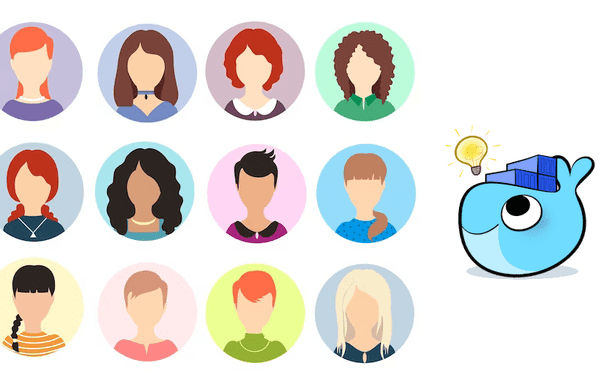
Rubén Baler, neuroscientist: ‘We are guinea pigs. Our attention has become a profitable commodity’
Addictions hijack the brain, subduing it until it gives up on its most basic needs. Even eating and drinking — essential for sustaining life — are no longer priorities. But that substance or behavior that generates such brain dysfunction is usually just the symptom of a deeper phenomenon… the tip of the iceberg of a complex network of vulnerability and poor mental health.
Rubén Baler agrees with this assessment. He’s an expert in public health and addiction neuroscience at the United States National Institute on Drug Abuse (NIDA): “We need to worry about what’s important, not just about what’s urgent,” the neuroscientist warns.
Baler, 64, has first-hand familiarity with the dimensions of the public health crisis facing the US, since his job consists of working to address it. And, perhaps precisely for this reason, he’s able to hone in on what’s behind the grotesque figures. It’s not about the substances, but rather the phenomenon behind them. He assures EL PAÍS that there are hidden interests and hands that pull the strings of the dynamics that are harmful to public health. From alcohol and tobacco, to junk food or digital content, “there are increasingly powerful forces that have an interest in these products becoming more and more addictive and popular,” the neuroscientist affirms.
Last week, he spoke with EL PAÍS while visiting Palma de Mallorca, Spain, to participate in the joint congress held by the Spanish Society of Dual Disorders and the World Association on Dual Disorders.




/cloudfront-us-east-2.images.arcpublishing.com/reuters/GZTQDVBU7JPOBJ73LAELU52K4Q.jpg)















